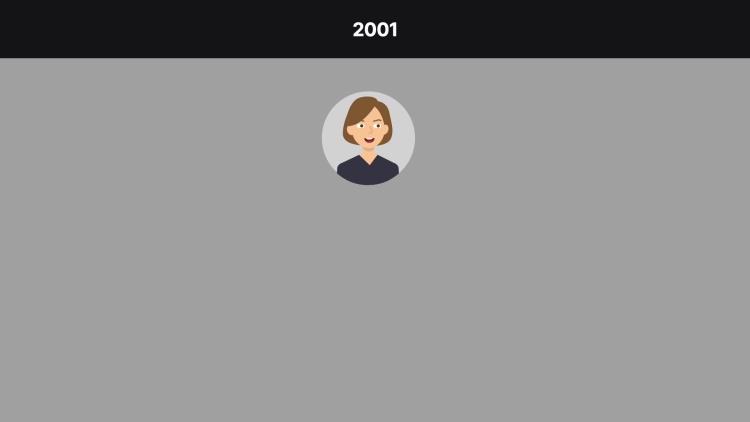Gottsacker v. Monnier
Wisconsin Supreme Court
281 Wis.2d 361, 697 N.W.2d 436 (2005)
- Written by Casey Cohen, JD
Facts
In 1998, Julie Monnier (defendant) formed New Jersey LLC (company), and the company acquired a warehouse in Wisconsin. Gregory Gottsacker (plaintiff) and his brother Paul Gottsacker (defendant) joined the company in 1999. Paul and Gregory entered into a Member’s Agreement, which provided that Monnier would own 50 percent of the company and that Paul and Gregory collectively owned 50 percent of the company. After the sale of company property, the only remaining company asset was the warehouse. Monnier unilaterally executed a warranty deed transferring the warehouse to a company called 2005 New Jersey LLC. Monnier owned 60 percent of 2005 New Jersey LLC, and Paul owned the other 40 percent. Monnier and Paul did not discuss the transfer with Gregory before it happened. After the transfer, Monnier sent Gregory a check that purportedly represented his 25 percent interest in the warehouse. Gregory filed suit against Monnier, Paul, and 2005 New Jersey LLC, alleging that the warehouse transaction was illegal. The circuit court agreed and found that Monnier and Paul were precluded from voting to authorize the transfer because of conflicts of interest. The court of appeals affirmed the circuit court and found that the warehouse transfer was unfair because it was not an arm’s length transaction on the open market.
Rule of Law
Issue
Holding and Reasoning (Bradley, J.)
Concurrence (Roggensack, J.)
Dissent (Butler, Jr., J.)
What to do next…
Here's why 907,000 law students have relied on our case briefs:
- Written by law professors and practitioners, not other law students. 47,100 briefs, keyed to 996 casebooks. Top-notch customer support.
- The right amount of information, includes the facts, issues, rule of law, holding and reasoning, and any concurrences and dissents.
- Access in your classes, works on your mobile and tablet. Massive library of related video lessons and high quality multiple-choice questions.
- Easy to use, uniform format for every case brief. Written in plain English, not in legalese. Our briefs summarize and simplify; they don’t just repeat the court’s language.





